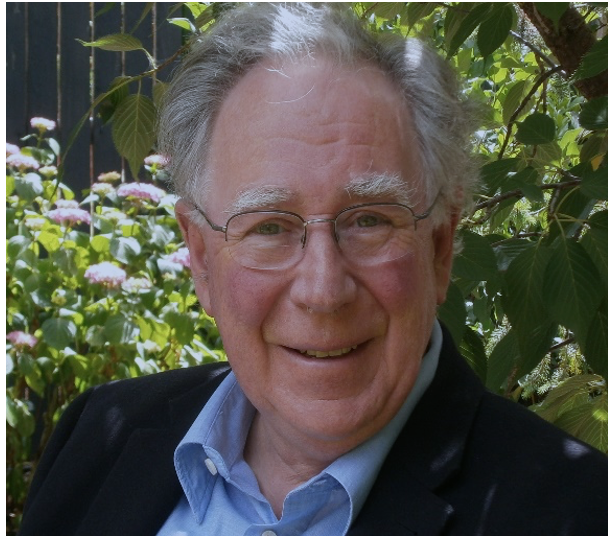Our digital Aunty
June 20, 2023
The ABC is in trouble again as it abandons its cultural role to become fully digital by 2028.
On Thursday last the ABC told a pretty flabbergasted political editor Andrew Probyn that hed been made redundant along with 120 others, 41 of them in news, in a major cost-cutting measure. The purpose: so that the ABC could save money to become more like YouTube, Spotify and Netflix instead of a traditional broadcaster, to quote The Financial Review.
The ABC puts it more discreetly in its new Five-Year Plan. It says that By 2028 the ABC will be an integrated digital operation and most of the audience engagement with the ABC will be through our digital products as it moves toward a digital-first ABC.
Less noticed than Probyns departure was the fact that the talented Sydney-based political reporter, Ashleigh Raper, was voluntarily leaving the ABC to join Ten News First.
The whole process is a self-inflicted disaster. Of course, the ABC must go digital; in many ways its already digital. But what aunty means by fully digital is something more. Its really about chasing an audience, particularly a younger audience, on a broad spectrum of digital platforms and of tailoring content to suit that audience.
Its about chasing eyes and ears with content those eyes and ears want to see and hear. I think this is a disastrous betrayal of what the ABC is fundamentally about as Australias premier cultural organisation.
Sure, as a former ABC specialist editor in religion and a superannuated radio and TV presenter, I would say that, wouldnt I? People like me are living in an idealised past, while the present ABC leadership is bravely replacing legacy roles like editors, technical operators and presenters with people specialising in on-demand digital productions who are presumed to be much more in-tune with contemporary Australia, particularly young people.
Actually, the Background Paper (BP) to the Plan reveals much more than the Plan itself. The BP concedes that the ABC is no longer a public broadcaster focused on accurate information and cultural development, but is an audience-aware, digital producer for the 21 million Australians who use social media. It says that social media users are spread across platforms and tend to consume content that they find to be personally relevant, while admitting that the landscape changes frequently.
This is the nub of the argument of the Five-Year Plan: an absolute focus on personally relevant audience demands with a focus on the latest obsessions and interests, to the exclusion of factual and cultural content that reflects a broader world.
Traditionally, the role of a public broadcaster is to focus on local, national and international realities that reveal a bigger picture and context, rather than the constant emphasis on what the BP calls meeting audience expectations [and looking] for ways to reach and engage younger audiences using third-party platforms.
In fact, as society increasingly degenerates into crass individualism, we need an even stronger public broadcaster that is focused on broader reality, rather than obsessive subjectivity. The BP ignores the fact that sometimes the young grow-up and their needs change, and that unmitigated individualism might well be a passing fad.
The BP also tells us that an increasing number of Australians are showing clear signs of news fatigue and disengagement. As a result, news providers will need to increasingly focus on on-demand services and personalisation to ensure they remain relevant. This seems to me to be an abject surrender to a Trumpian, post-truth, individualist world, which is precisely the opposite of what a public broadcaster, committed to factual accuracy and responsibility, should be doing.
It is precisely the role of the ABC as a public broadcaster to maintain objective standards of news reporting to counter what the BP calls news avoidance and the formation of partisan echo chambers in the media landscape.
Its clear in the BP that AM radio is in trouble because its sound quality is inferior to FM. That creates real problems for the capital city Metropolitan stations which are on the AM band, and for some of Radio Nationals urban based transmission. But, as the BP admits, AM radio is important in a country the size of Australia, especially in isolated areas, given that the ABC is the only news organisation with the scale and expertise to deliver sustained coverage across natural disasters. This was abundantly demonstrated in the bushfire crisis of summer 2019/2020.
While there is much in the BP that is factual, it fundamentally surrenders to modern individualism by focusing almost entirely on the projected priorities and interests of the audience, while essentially abandoning the ABCs pivotal role in cultural formation. It caves-in to the lowest common denominator as it struggles in a battle for eyes and ears in a highly competitive digital marketplace.
The whole process reflects an uncritical surrender to superficiality and anti-intellectualism. It sets the ABC on a course of complete irrelevance.

